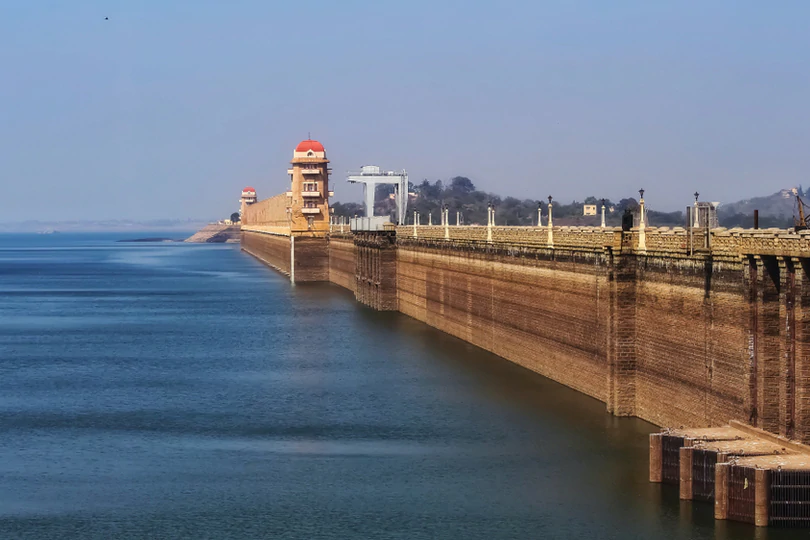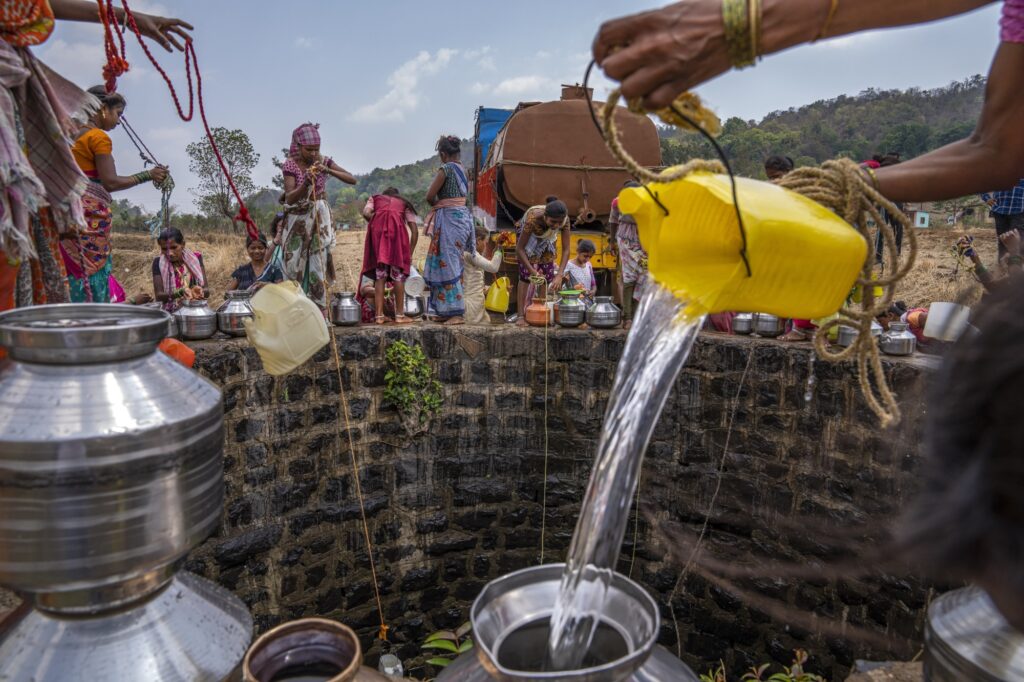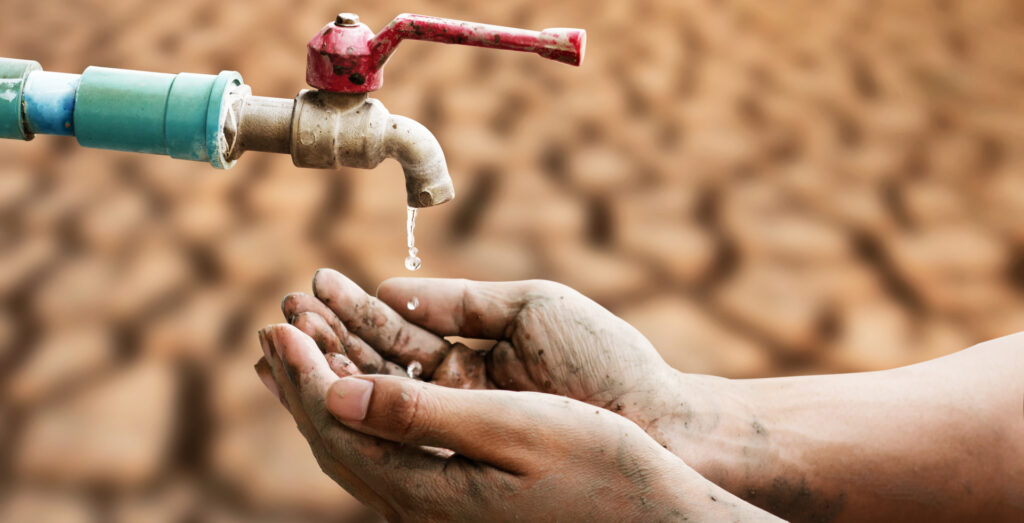
Water is indispensable for life and integral to sustainable development and human well-being. This holds especially true in rural India, where access to clean water can be a daily challenge. The issues surrounding water availability in these areas underscore the critical importance of reliable water storage solutions in ensuring safe drinking water for all. Water storage facilities provide clean drinking water for rural communities, reducing dependency on distant water sources and improving public health outcomes by preventing waterborne diseases.
They also support livestock by ensuring adequate water supply, which is critical for the health and productivity of animals that contribute significantly to rural incomes. Agriculture forms the backbone of India’s rural economy, providing livelihoods for the majority of the population. Reliable access to water is essential for ensuring food security, supporting multiple cropping seasons, and enhancing agricultural productivity.

Challenges of Water Availability in Rural Areas
Rural India faces several daunting challenges related to water availability:
Erratic Rainfall Patterns: Many regions experience unpredictable monsoons, leading to inconsistent water availability throughout the year.
Seasonal Variability: Water sources such as rivers, ponds, and wells often dry up during dry seasons, leaving communities without dependable access to water.
Water Quality Concerns: Even when water is accessible, its quality may be compromised due to contamination from industrial waste, agricultural runoff, and inadequate sanitation facilities.
Accessibility Issues: Rural communities frequently contend with long journeys to fetch water, which not only consumes time but also exacts a physical toll, particularly on women and children.
Impact of Climate Change: Climate change exacerbates these challenges, causing more frequent droughts and floods that disrupt both water availability and quality.
Role of Reliable Water Storage Solutions
Reliable water storage solutions play a pivotal role in addressing these challenges:
Rainwater Harvesting: Techniques like rooftop harvesting and storing rainwater in tanks or reservoirs provide a sustainable water source, particularly during the monsoon season.
Community Ponds and Tanks: Constructing and maintaining community ponds and tanks help store rainwater or water from seasonal streams, ensuring a consistent supply throughout the year.
Enhanced Irrigation Practices: Water storage facilitates improved irrigation methods, enabling small-scale farmers to cultivate crops even during dry spells, thereby boosting agricultural productivity.
Safe Drinking Water: Proper storage minimizes the risk of waterborne diseases by ensuring collected water remains clean and safe for consumption.
Climate Resilience: Investing in water storage infrastructure enhances communities’ resilience to climate change impacts by buffering against droughts and floods.

Impact on Rural Communities
The impact of reliable water storage solutions on rural communities is profound:
Health and Well-being: Access to safe drinking water reduces waterborne illnesses, enhancing overall health outcomes and reducing healthcare costs.
Economic Empowerment: Reliable water access supports agricultural activities, ensuring food security and increasing household incomes.
Gender Equality: Women and girls, who often bear the brunt of water collection responsibilities, benefit from reduced workload and improved opportunities for education and economic participation.
Community Development: Water storage initiatives foster community cooperation and empowerment, leading to sustainable development and resilience against water-related challenges.
Conclusion
Addressing water scarcity in rural India necessitates comprehensive strategies that prioritize the storage and management of this vital resource. Reliable water storage solutions not only guarantee safe drinking water but also contribute significantly to the overall well-being and development of rural communities. As India strives to achieve sustainable development goals, investing in water storage infrastructure remains imperative for securing a water-secure future for all citizens, particularly those in rural areas.


